Introduction
Learning grammar can be one of the most challenging aspects of studying Korean. Today, we will explore the grammar pattern ‘-것 같다,’ which is essential for expressing assumptions and likelihoods in Korean. This lesson aims to make understanding and using this grammar point as straightforward as possible.
Learn Korean with JAEM Korean App: Improve your Korean with our app through free lessons and courses. And also, Join our 4-week challenge program to progress from upper-beginner to master level with Native Korean Coaches.
AI Writing Practice Program: Enhance your writing skills with JAEM TOPIK, our AI-powered practice program. Get personalized feedback and TOPIK tips to elevate your Korean writing.
Our Book: Don’t miss out on our comprehensive book that covers essential Korean language skills and strategies.
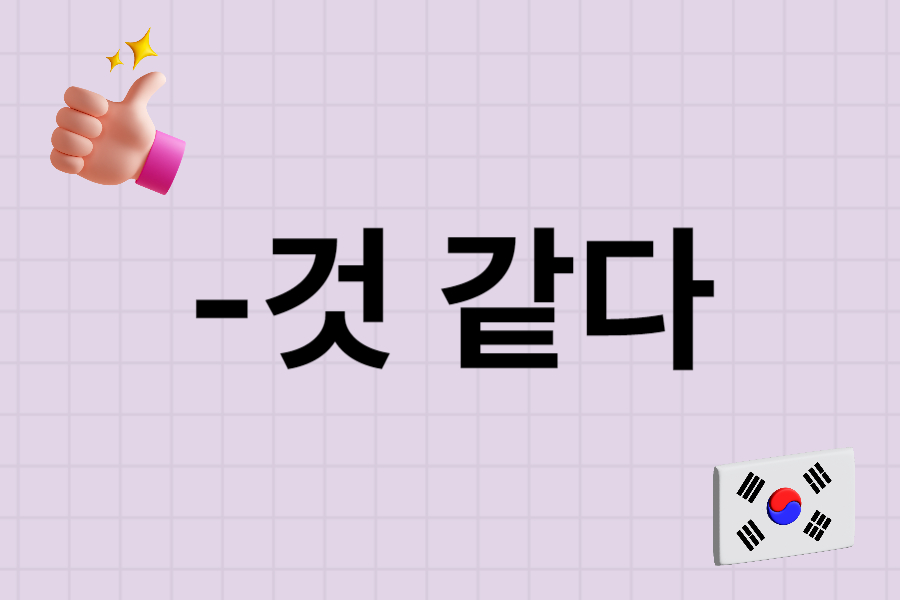
Table of Contents
Grammar Explanation: 것 같다
The grammar pattern ‘-것 같다’ is used to express assumptions and likelihoods, similar to saying “seems to be” or “I think” in English. This pattern is versatile and can be used in the present, past, and future tenses.
- Present Tense: ~는 것 같다
- Past Tense: ~ㄴ/은 것 같다 or ~았/었을 것 같다
- Future Tense: ~ㄹ/을 것 같다
| Tense | Form | Example Sentence |
|---|---|---|
| Present | ~는 것 같다 | 비 오는 것 같아요 (I think it’s raining) |
| Past | ~ㄴ/은 것 같다 | 비 온 것 같아요 (I think it rained) |
| Past | ~았/었을 것 같다 | 비 왔을 것 같아요 (I think it rained) |
| Future | ~ㄹ/을 것 같다 | 비 올 것 같아요 (I think it will rain) |
Examples:
Present Tense Examples:
- 비 오는 것 같아요 = I think it’s raining.
- 친구는 기다리고 있는 거 같아요 = I think my friend is waiting.
- 그는 지금 일하고 있는 것 같아요 = I think he is working now.
- 우리는 길을 잃은 것 같아요 = I think we are lost.
- 그 책이 재미있는 것 같아요 = I think that book is interesting.
Past Tense Examples:
- 오늘 비 온 것 같아요 = I think it rained today.
- 친구는 오래 기다린 것 같아요 = I think my friend waited for a long time.
- 어제 저녁을 먹지 않은 것 같아요 = I think I didn’t eat dinner yesterday.
- 그는 이미 떠난 것 같아요 = I think he already left.
- 그 영화가 정말 좋았던 것 같아요 = I think that movie was really good.
Past Tense with Nuance Examples:
- 오늘 비 왔을 것 같아요 = I think it might have rained today.
- 친구는 오래 기다렸을 것 같아요 = I think my friend might have waited for a long time.
- 그녀가 그 말을 들었을 것 같아요 = I think she might have heard that.
- 우리가 그 문제를 해결했을 것 같아요 = I think we might have solved that problem.
- 그가 어제 그곳에 갔을 것 같아요 = I think he might have gone there yesterday.
Future Tense Examples:
- 오늘 비 올 것 같아요 = I think it will rain today.
- 친구는 오래 기다릴 것 같아요 = I think my friend will wait for a long time.
- 그는 내일 올 것 같아요 = I think he will come tomorrow.
- 우리는 곧 출발할 것 같아요 = I think we will leave soon.
- 그 책이 베스트셀러가 될 것 같아요 = I think that book will become a bestseller.
Usage in Context
When using ‘-것 같다’ in different tenses, the meaning can slightly change based on the context. Here are some real-life scenarios:
Present Tense Context:
- 소민이는 여빈이랑 영화 보려고 극장에 가는 거 같아요 = I think Somin and Yeobin are going to the theater to see a movie.
- 그는 지금 쉬고 있는 것 같아요 = I think he is resting now.
- 학생들이 시험을 준비하고 있는 것 같아요 = I think the students are preparing for the exam.
- 그녀가 지금 기분이 좋은 것 같아요 = I think she is in a good mood now.
Past Tense Context:
- 소민이는 여빈이랑 영화 보려고 극장에 간 것 같아요 = I think Somin and Yeobin went to the theater to see a movie.
- 그는 어제 집에 일찍 간 것 같아요 = I think he went home early yesterday.
- 우리는 이미 그 일을 끝낸 것 같아요 = I think we already finished that work.
- 그가 그 소식을 들은 것 같아요 = I think he heard the news.
Future Tense Context:
- 수민이는 유빈이랑 영화 보려고 극장에 갈 것 같아요 = I think Sumin and Yubin will go to the theater to see a movie.
- 그는 내일 여행을 떠날 것 같아요 = I think he will go on a trip tomorrow.
- 우리는 다음 주에 그 프로젝트를 시작할 것 같아요 = I think we will start that project next week.
- 그녀가 곧 결혼할 것 같아요 = I think she will get married soon.
Cultural Insight:
In casual speech, ‘-것 같아요’ is often shortened to ‘-거 같아요’ to sound more natural.
Common Mistakes: -것 같다.
Common Mistakes:
- Incorrect: 비 온 거 같아요 (Incorrect form for future tense)
- Correct: 비 올 것 같아요 = I think it will rain.
Mistake Explanation: Ensure you are using the correct form of ‘-것 같다’ based on the tense you want to express.
Related Grammar Points
Explore these related grammar points to deepen your understanding:
- Verb + 기로 하다: Deciding to do something.
- Verb+(으)려고 하다: Intending to do something
- V/A + 아/어/해야 하다 and 되다: Must do something.
- Verb + (으)ㄹ수있다/없다: Can/Cannot do something.
Practice:
Practice Makes Perfect!
- Exercise 1: Conjugate the following verbs with ‘-것 같다’ in all three tenses.
- 가다 (to go)먹다 (to eat)살다 (to live)
Answer Key:
- 가는 것 같아요, 간 것 같아요, 갈 것 같아요, 먹는 것 같아요, 먹은 것 같아요, 먹을 것 같아요, 사는 것 같아요, 산 것 같아요, 살 것 같아요
Summary and Conclusion
Today, we covered the grammar point ‘-것 같다’ and how to use it in different tenses. This pattern is crucial for expressing assumptions and likelihoods in Korean. Continue practicing with our app, free lessons and check out related lessons for more in-depth learning.
If you have any questions or suggestions, feel free to comment below. Happy learning!
Learn Korean with JAEM Korean App To s
AI Writing Practice Program To further enhance your Korean writing skills, consider using our new service, JAEM TOPIK; AI writing practice program. Here, we offers personalized feedback and suggests various Korean tips and TOPIK tips, helping you improve your Korean writing.
Learn Korean with JAEM Korean App: Discover the best way to learn real Korean with our comprehensive app. Enjoy a wide variety of free lessons and courses designed to help you master the language. Also, our unique 4-week challenge program guides you from an upper-beginner level to a master course, all under the guidance of Native Korean Coaches. Whether you’re just starting out or looking to refine your skills, this program offers an effective path to fluency.
AI Korean Writing Practice Program: Take your Korean writing to the next level with JAEM TOPIK, our innovative AI writing practice program. This service provides personalized feedback and practical tips tailored to your learning needs. With a focus on improving your Korean writing, JAEM TOPIK also offers specific strategies for excelling in the TOPIK exam. Benefit from expert insights and targeted advice to enhance your proficiency and confidence in writing.
Our Book: Additionally, explore our comprehensive book that covers essential Korean language skills and strategies. This valuable resource complements our app and AI program, providing a holistic approach to mastering Korean.
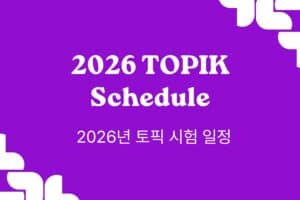
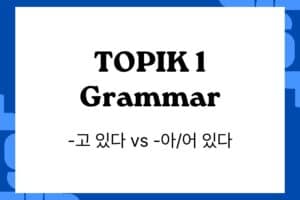
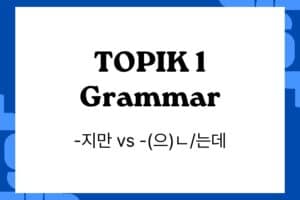
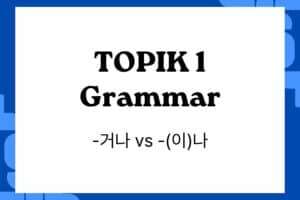
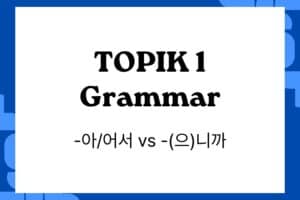
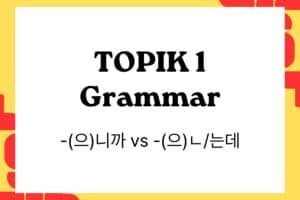
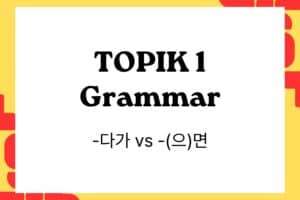
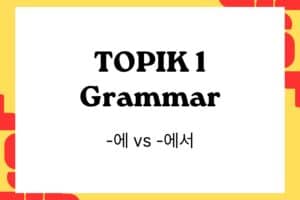
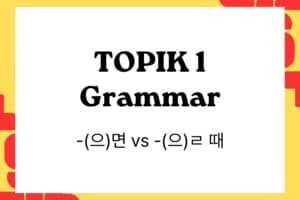
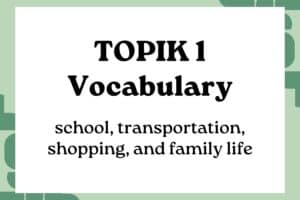
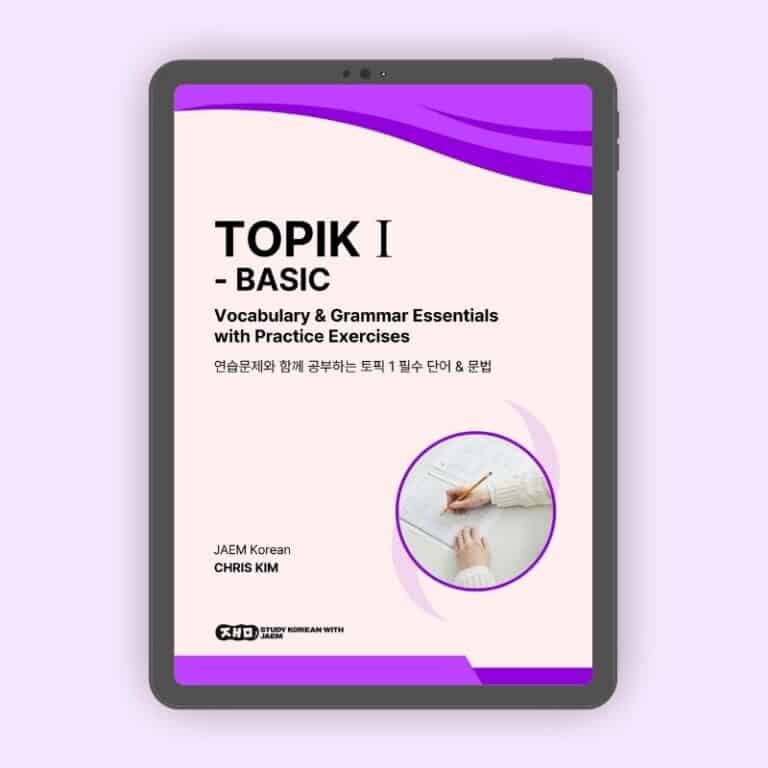
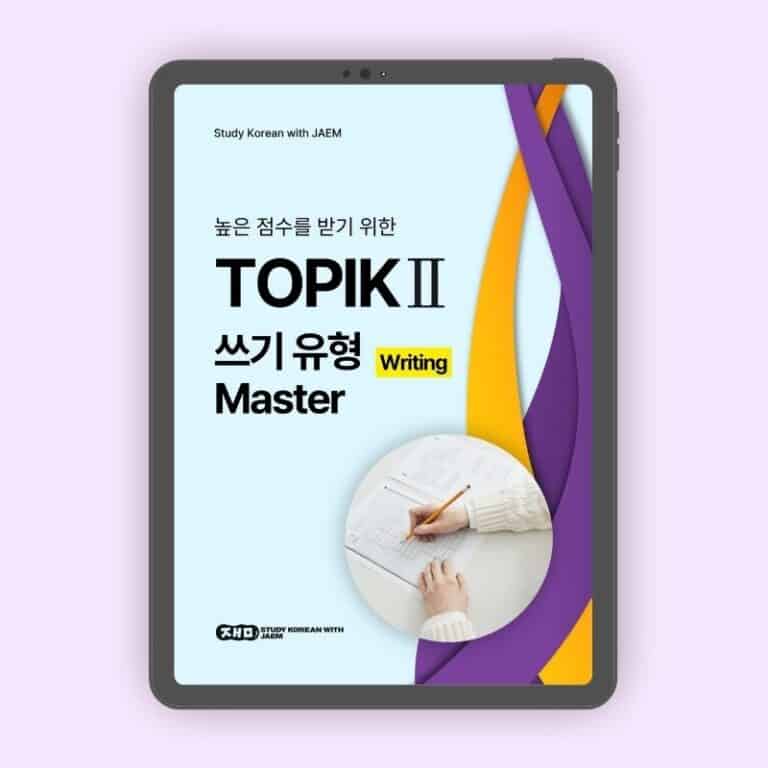
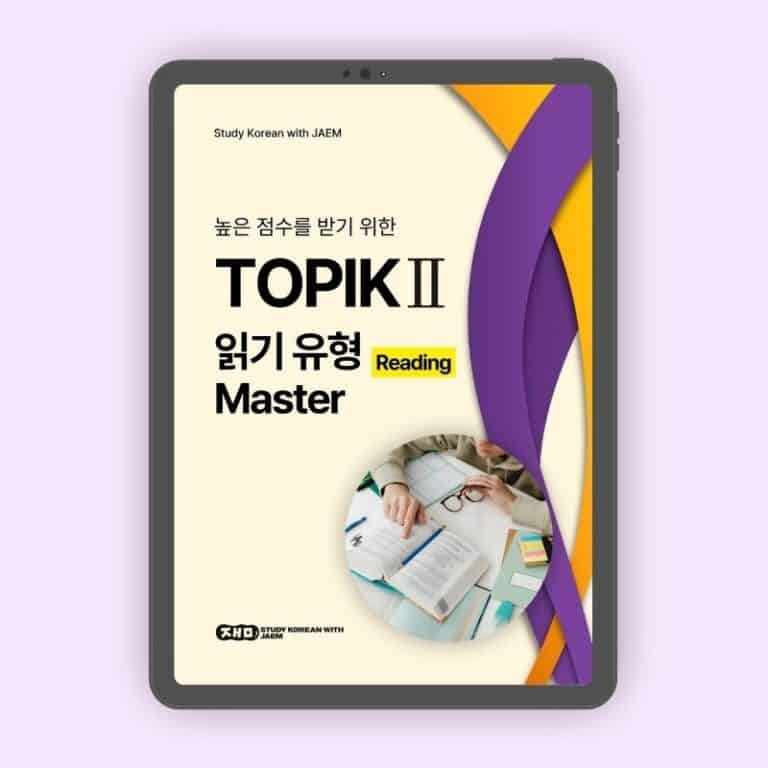

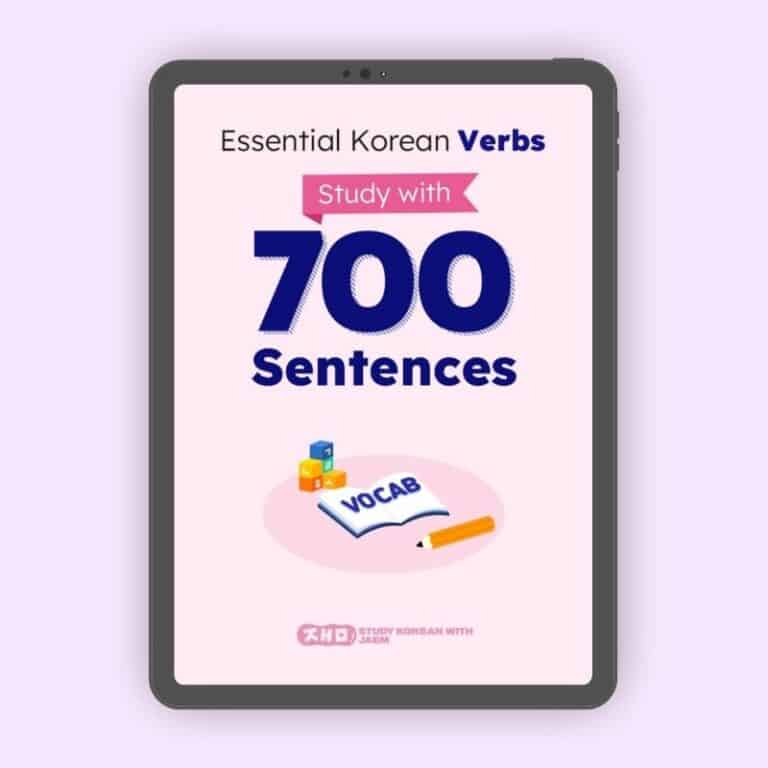
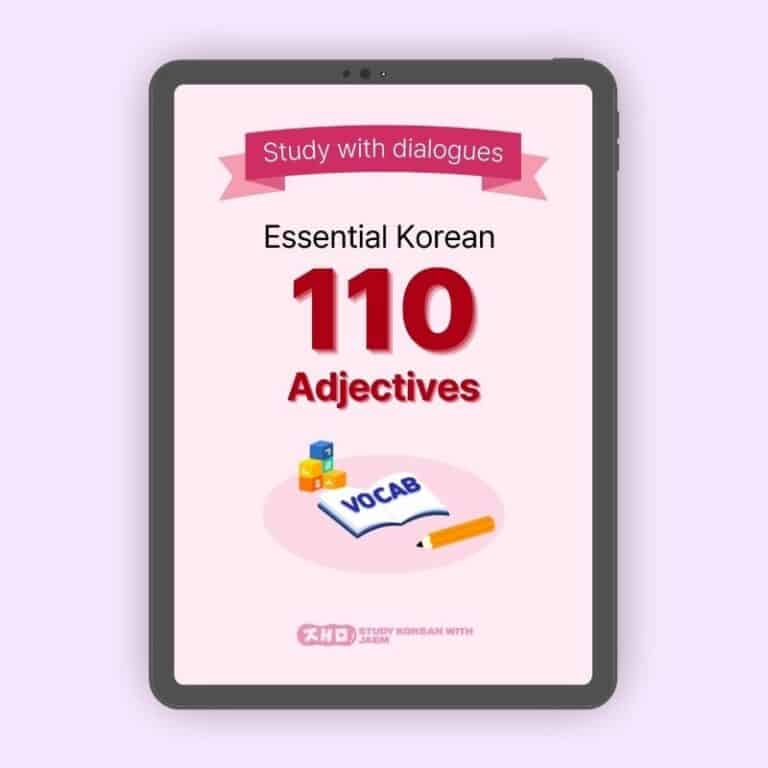
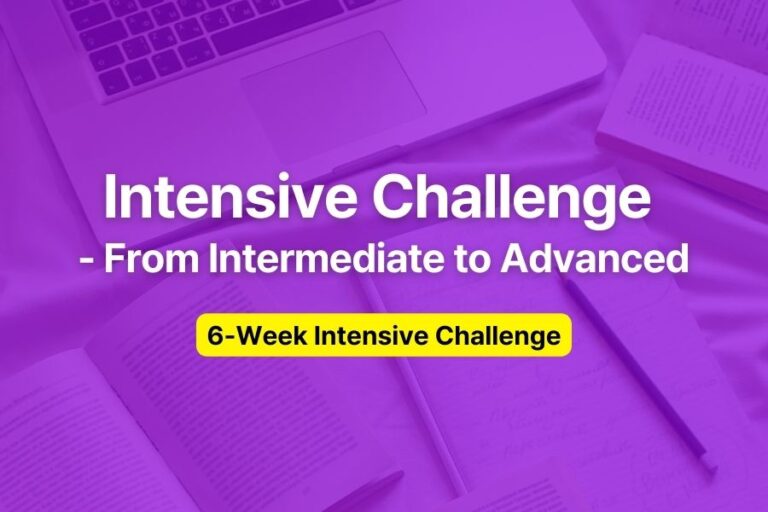
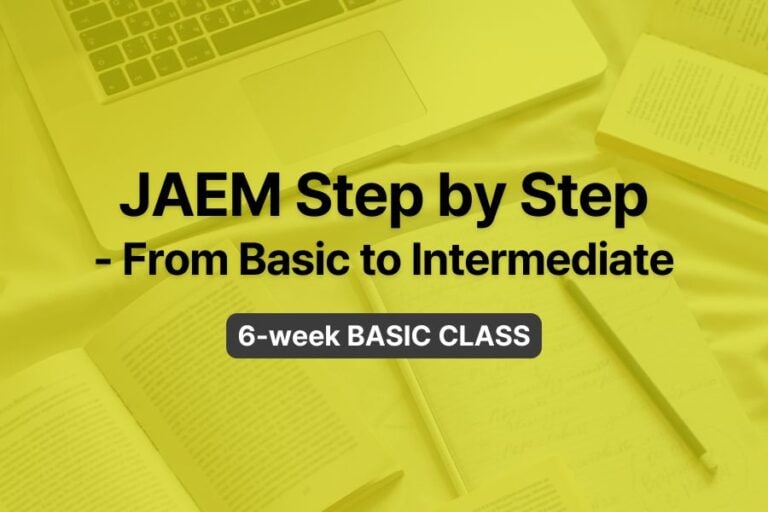

Responses